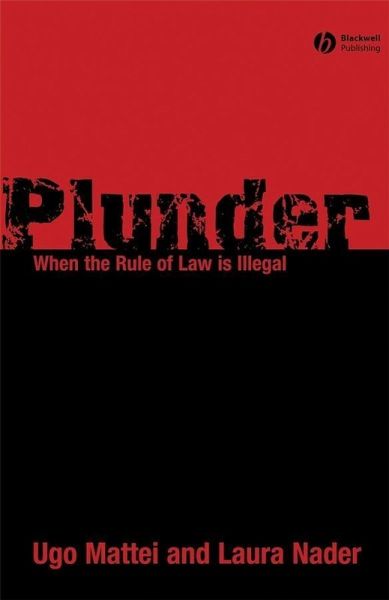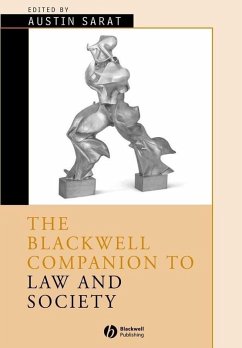
Plunder (eBook, PDF)
When the Rule of Law is Illegal
Versandkostenfrei!
Sofort per Download lieferbar
31,99 €
inkl. MwSt.
Weitere Ausgaben:

PAYBACK Punkte
0 °P sammeln!
Plunder examines the dark side of the Rule of Law and explores how it has been used as a powerful political weapon by Western countries in order to legitimize plunder - the practice of violent extraction by stronger political actors victimizing weaker ones. Challenges traditionally held beliefs in the sanctity of the Rule of Law by exposing its dark side Examines the Rule of Law's relationship with 'plunder' - the practice of violent extraction by stronger political actors victimizing weaker ones - in the service of Western cultural and economic domination Provides global examples of plunder:...
Plunder examines the dark side of the Rule of Law and explores how it has been used as a powerful political weapon by Western countries in order to legitimize plunder - the practice of violent extraction by stronger political actors victimizing weaker ones.
- Challenges traditionally held beliefs in the sanctity of the Rule of Law by exposing its dark side
- Examines the Rule of Law's relationship with 'plunder' - the practice of violent extraction by stronger political actors victimizing weaker ones - in the service of Western cultural and economic domination
- Provides global examples of plunder: of oil in Iraq; of ideas in the form of Western patents and intellectual property rights imposed on weaker peoples; and of liberty in the United States
- Dares to ask the paradoxical question - is the Rule of Law itself illegal?
Dieser Download kann aus rechtlichen Gründen nur mit Rechnungsadresse in D ausgeliefert werden.












